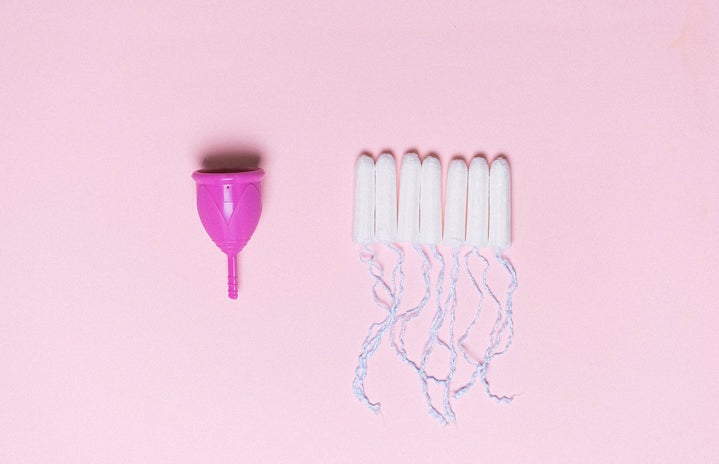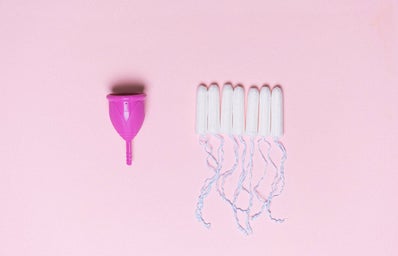Growing up, there wasn’t much I knew about periods except for the fact that they show up once a month. In Asian and African countries, menstruation has always been a topic that many people tend to steer away from. It’s a topic not worth mentioning, especially since it is about women’s health and wellbeing. As women, we were always told to keep it in and don’t speak to anyone about our menstruation and if it’s painful, just bear it. Unfortunately, this is just the tip of the iceberg in terms of how we are supposed to manage our periods and society’s perceptions of them. Issues like period discrimination and period poverty are common issues that many women around the globe experience, and it is not talked about enough.
There is a lot of stigma and taboo surrounding periods, such as hiding your tampon or pad while going to the toilet. Just over a year ago, Muslim schoolgirls in multiple Malaysian schools were forced to undergo period spot checks to prove that they were on their periods so that they would be excused from attending prayer sessions. In many parts of the world, health policies often neglect the integration of women’s health, as menstruation has always been treated as a secondary thing, the one that is less important. Conversations surrounding menstruation are often suppressed which causes the belief that periods are unclean. Women and girls are often asked to confine to their homes while being on their periods in order to ‘maintain’ the cleanliness of other surroundings. In some cultures, it is even perceived as a source of bad luck.
Despite periods being something that is universally experienced by women and children all around the world, there is still some sense of inequality being played out in how some women have unequal access to managing their periods. In places like Ghana and Zimbabwe, where inflation prices have skyrocketed, women and girls have been prevented from purchasing period products to manage their periods as limited funds were instead allocated to basic family necessities. As a result, they turn to other alternatives such as toilet rolls, baby diapers and cloth, while others in such dire situations in rural areas turn to paper, old rags, leaves and dried cow dung. These alternatives are unhygienic and put these women and girls at risk of illnesses such as urinary infections and infertility. Their inability has further impacted their education, health, and dignity, as many of them go on to have transactional sex with older men in order to support themselves financially. Within that process, they jeopardise their health and mental wellbeing.
This is why it is important for people to be more invested in incorporating the accessibility of sustainable period products that are reusable and long-lasting for women and girls in rural and poverty-stricken areas. The conversation around sustainable periods only started a few years ago, despite sustainable period products being on the market for a long time. Period panties, menstrual cups, cloth pads and organic biodegradable tampons are the most commonly used period products as of today. However, despite its growing popularity within western demographics, it is still inaccessible to many parts of the world due to period discrimination and poverty. When a woman has her period, it is always expected for the evidence to be discarded, as it is something that is perceived as unclean and shameful. Whereas, sustainable reusable period products ensure that women are able to reuse and save extra cost on purchasing period products that would otherwise be discarded and bring pollution to the environment. Although sustainable efforts and periods are generally more celebrated in Western countries, it doesn’t seem to be the case in Asian, Middle Eastern and African countries, where women and girls bear the worst, especially when they are experiencing financial difficulties. On top of it, women are subjected to ‘tampon tax’ as period products such as sanitary pads and tampons are classified as ‘luxury’ goods.
There need to be more conversations about what we can do to ease the burden of obtaining period products for women and girls in every corner of the globe. Although these products are generally expensive, we need to look at a more critical stance as to why women don’t actually have access to these products, and that’s simply because of period discrimination that has been ingrained in cultures for decades. Women and girls in rural areas are less informed about the products available and they simply can’t afford them. Although charities and NGOs are extending their hand by providing period products to underprivileged communities, there is still a lot more that we can do. We need to ensure that periods don’t hold back women and girls from education, healthcare and being treated equally to their male counterparts.

